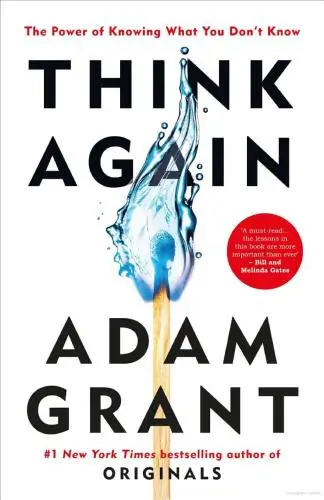
Think Again
The Power of Knowing What You Don't Know
What's it about?
Think Again by Adam Grant challenges you to embrace the power of rethinking and unlearning. This book encourages you to question your convictions and be open to changing your mind. You'll discover how rethinking can lead to personal growth, better decision-making, and improved relationships. Grant provides tools to enhance your mental flexibility, encouraging you to stay curious and adaptable. Explore the art of persuasion and learn to engage in more productive debates, fostering a culture of lifelong learning and resilience.
About the Author
Adam Grant is a highly influential organizational psychologist known for his best-selling books "Give and Take" and "Originals". He is recognized for his fresh perspectives on success, motivation, and creativity in the workplace. Grant's writing style is engaging and thought-provoking, as he challenges traditional notions of leadership and productivity. He explores the power of collaboration, generosity, and original thinking, offering valuable insights for both individuals and organizations striving for innovation and success.
5 Key Ideas of Think Again
The Power of Knowing What You Don't Know
Embracing the limits of your knowledge fosters growth and innovation.
Consider the story of the world-renowned physicist who once said, 'The more I learn, the more I realize how much I don't know.' This humility led to groundbreaking discoveries.
- Promotes continuous learning: Acknowledging what you don't know keeps you curious and open to new information.
- Prevents overconfidence: Recognizing your knowledge gaps helps you avoid making poorly informed decisions.
- Enhances collaboration: It encourages you to seek out diverse perspectives and expertise, fostering teamwork.
List five topics you're curious about but don't fully understand, and commit to learning more about one of them this week.
Avoid the trap of equating knowing a lot with being right. Remember, expertise doesn't trump humility and curiosity.
Questioning What You Think You Know
Regularly challenge your beliefs and assumptions to foster deeper understanding and adaptability.
Think about the tech company that thrived by questioning its long-standing product strategy, ultimately leading to a market transformation with a fresh approach.
- Mitigates bias: Actively questioning assumptions challenges cognitive biases that cloud judgment.
- Facilitates adaptability: Being open to change allows you to pivot when current beliefs no longer fit new evidence.
- Enhances decision-making: Reevaluating assumptions leads to more informed and thoughtful choices.
Choose a belief you hold strongly and write down the opposite viewpoint. Consider evidence for both sides.
Don’t stick to assumptions out of habit or comfort. Instead, approach them with a critical and open mindset.
Recharging Your Mental Toolbox
Continually updating your skills and strategies is crucial for staying relevant and effective.
Imagine the accomplished chef who revisits their culinary techniques, learning from younger chefs and fusing tradition with innovation to create new masterpieces.
- Boosts creativity: Updating your mental repertoire invites inspiration from diverse fields.
- Enhances relevance: Keeping your skills current ensures your contributions stay valuable.
- Improves efficiency: Learning new strategies can make problem-solving more streamlined and effective.
Pick one new tool or skill relevant to your field and start practicing it today.
Avoid complacency. Remember, past success doesn’t guarantee future efficiency without continuous growth.
Deeper knowledge. Personal growth. Unlocked.
Unlock this book's key ideas and 15M+ more. Learn with quick, impactful summaries.
Read Full SummarySign up and read for free!
Think Again Summary: Common Questions
"As Kierkegaard said, ‘Life can only be understood backwards; but it must be lived forwards.’" This quote encapsulates the essence of Adam Grant's book, "Think Again." Grant challenges readers to embrace intellectual humility and constantly reevaluate their beliefs through engaging stories, insightful research, and practical strategies.
The book kept me hooked with its exploration of how to navigate cognitive biases, misinformation, and the fear of changing our minds. It's a compelling read that encourages self-reflection and growth, urging us to shift from a "preacher" mentality of always being right to a "scientist" mindset of constantly seeking truth. Grant's writing is impactful and thought-provoking, making this book a worthwhile read for anyone looking to improve their decision-making and understanding of the world.
"Think Again" is a compelling book that challenges readers to reassess their beliefs and embrace a more open-minded approach to learning and growth. I highly recommend it to any reader who enjoys thought-provoking non-fiction like Daniel Kahneman's "Thinking, Fast and Slow" or Malcolm Gladwell's works.
Experience Personalized Book Summaries, Today!
Discover a new way to gain knowledge, and save time.
Sign up for our 7-day trial now.
No Credit Card Needed

Similar Books

Comprehensive Casebook of Cognitive Therapy
Frank M. Dattilio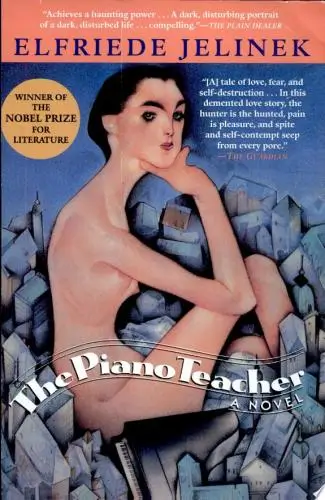
The Piano Teacher
Elfriede Jelinek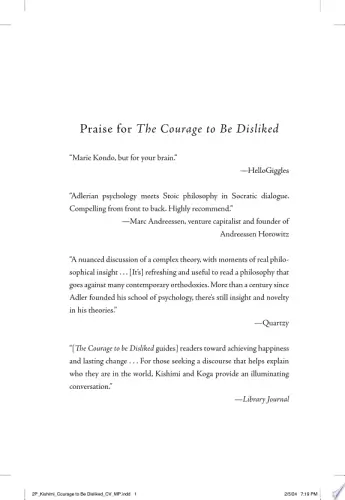
The Courage To Be Disliked
Ichiro Kishimi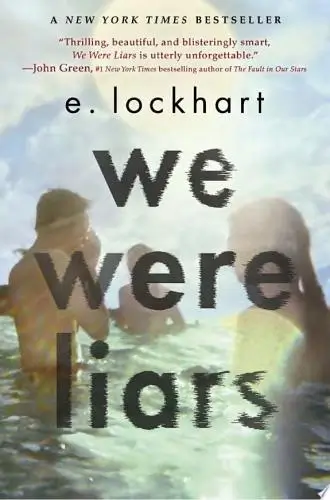
We Were Liars
E. Lockhart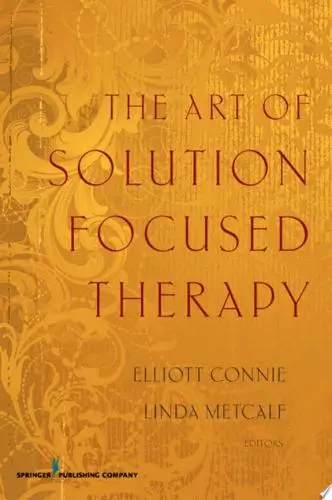
The Art of Solution Focused Therapy
Elliott Connie, MA, LPC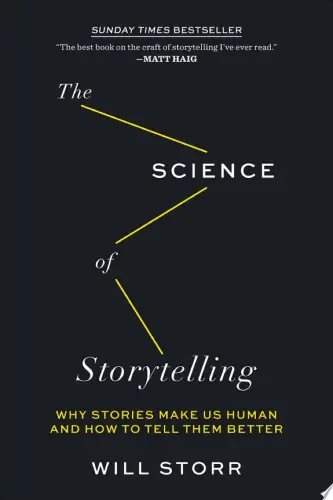
The Science of Storytelling
Will Storr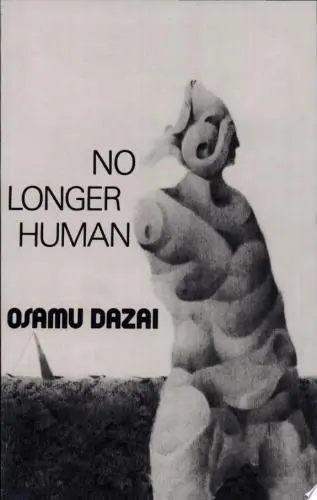
No Longer Human
太宰治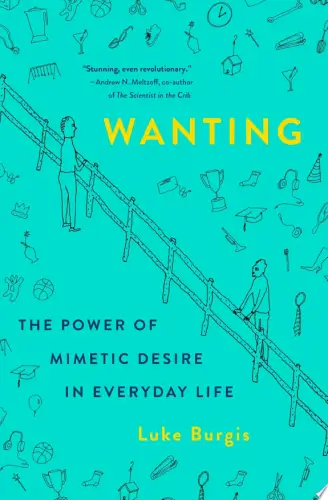
Wanting
Luke Burgis
Mrs Dalloway
Virginia Woolf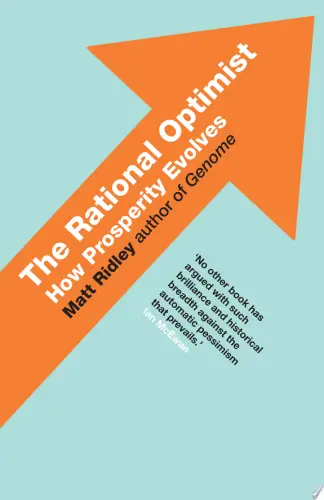
The Rational Optimist
Matt RidleyTrending Summaries

Peak
Anders Ericsson
Never Split the Difference
Chris Voss
Smart Brevity
Jim VandeHei
The Psychology of Money
Morgan Housel
The First 90 Days
Michael D. Watkins
Atomic Habits
James Clear
Thinking, Fast and Slow
Daniel Kahneman
The Body Keeps the Score
Bessel van der Kolk M.D.
The Power of Regret
Daniel H. Pink
The Compound Effect
Darren HardyNew Books

Forex Trading QuickStart Guide
Troy Noonan
Comprehensive Casebook of Cognitive Therapy
Frank M. Dattilio
The White Night of St. Petersburg
Michel (Prince of Greece)
Demystifying Climate Models
Andrew Gettelman
The Hobbit
J.R.R. Tolkien
The Decision Book
Mikael Krogerus
The Decision Book: 50 Models for Strategic Thinking
Mikael Krogerus
Fichte
Johann Gottlieb Fichte
Do No Harm
Henry Marsh
